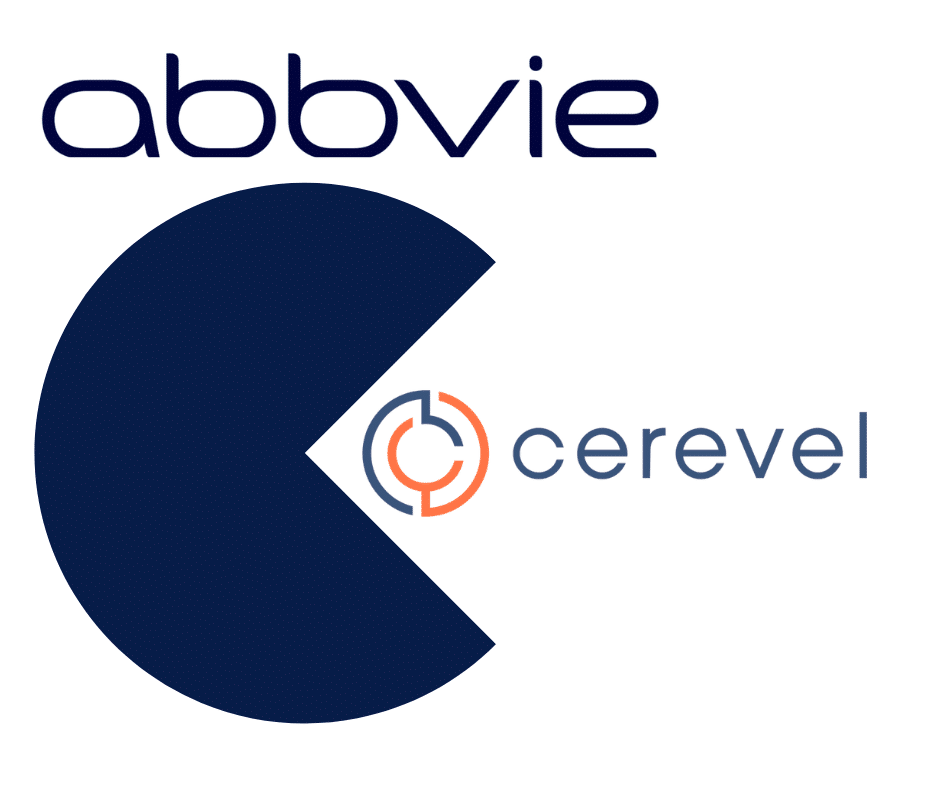Caring for older adults: Important stakeholders for pharma
It is encouraging to hear the news of further investment – $1B to be exact – into extending research collaboration between AbbVie and Calico focused on developing innovative therapies for “age-related diseases”. This partnership is evidence of the growing industry movement to embrace the differences across the lifespan and focus on therapies which can be tailored to this unique and medically complex population.
Such development initiatives underscore a very important stakeholder group – geriatricians. While they are in high demand by patients, who are realizing their value, their numbers are relatively meager as geriatrics does tend to have the appeal of other specialty tracks. Thus there is a low likelihood that an industry professional will come in contact with a geriatrician and it is often not clear what they bring to the table and how they differ from other clinicians such as internists and primary care.
Geriatricians: Focus beyond general medical care
According to the American Geriatrics Society, a geriatrician is “a medical doctor who is specially trained to meet the unique healthcare needs of older adults. Illnesses, diseases and medications may affect older people differently than younger adults and older patients often have multiple health problems and take multiple medications.” Truly, this definition does not do this specialty justice. In fact, geriatrics is probably one of the most complex areas in which to practice.
As we age, common conditions tend to present “atypically”, therefore practitioners must have incredibly astute assessment skills and instincts. For example, a patient with a urinary tract infection may not necessarily have burning, but might have a dehydration and confusion. Similarly, an MI might present mild discomfort in the upper abdomen rather than crushing chest pain. Therapy options are also limited to some extent; there are certain drugs that have a high risk to benefit ratio in the elderly. So too, they must play detective when a drug reaction or interaction is suspected.
Due to the nature of their patient population, geriatricians often veer well beyond the realms of what is considered “medicine”. They must take a holistic approach to disease management and prevention. It is not unusual that a potential crisis is averted by maintaining or improving function through the incorporation of nutrition, hydration, psychiatric modalities, physical therapy, and referrals to social work. We think of geriatricians playing a critical role in the identification and management of dementia. What is often neglected is that their training readies them to take on the challenge of treating other chronic conditions in the presence of dementia.
In reference to training, there is no shortage of fellowship programs with 139 in the U.S. alone. In the U.S., geriatrics is not even a specialty, but rather a subspecialty of internal medicine. A residency in internal medicine with a one to two year fellowship for geriatrics is required for certification. In the EU, the training path differs by country with the norm being two to three years of geriatric concentration. Unlike in the U.S, 19 countries within the EU recognize geriatrics as a specialty.
As said before, geriatrics does not have the draw enjoyed by other specialties. Reasons range from funding and reimbursement to its perceived lack of “sexiness” by medical students and trainees. That said gaps are slowly being filled by non-physician clinicians such as nurse practitioners and physician assistants. Another trend is the geriatric concentration with certain specialists. Witness the geriatric psychiatrist, geriatric cardiologist, geriatric nephrologist, geriatric oncologist and even the geriatric emergency physician. This is driven on the appreciation that many of the patients seen in these specialty practices are older or elderly and the appropriate knowledge base is critical to ensure optimal management. Other innovative solutions such as continuing education for non-geriatric clinicians are also well established.
Given the steady focus in the development of therapies for age-related diseases, it is more imperative than ever to partner with this very important stakeholder group. With a solid grasp on the role and qualifications of geriatricians, industry professionals can develop innovative ways to involve and provide value to them. Additionally, there are endless opportunities to assist non-certified clinicians to practice geriatric medicine through effective therapy development and education along with linking clinicians up with valuable resources.
Melissa Hammond, MSN, GNP is Managing Director at Snowfish and a well-recognized industry expert in geriatrics. She can be contacted at Melissa.hammond@snowfish.net
Snowfish has pioneered a unique approach of building custom stakeholder landscapes designed to meet the needs of the particular product. Individuals and even policies are able to be assessed across multiple groups and companies are able to plan their pre-launch and launch activities on a very detailed level. To learn more, please feel free to contact us at snowfish.net.
- Market Access: The Latest Hurdle for Treating Alzheimer’s and Dementia - June 14, 2023
- Rare Disease Outreach a Missed Opportunity - November 7, 2022
- So You Read Our Previous Post on Biomarkers? - August 1, 2022



